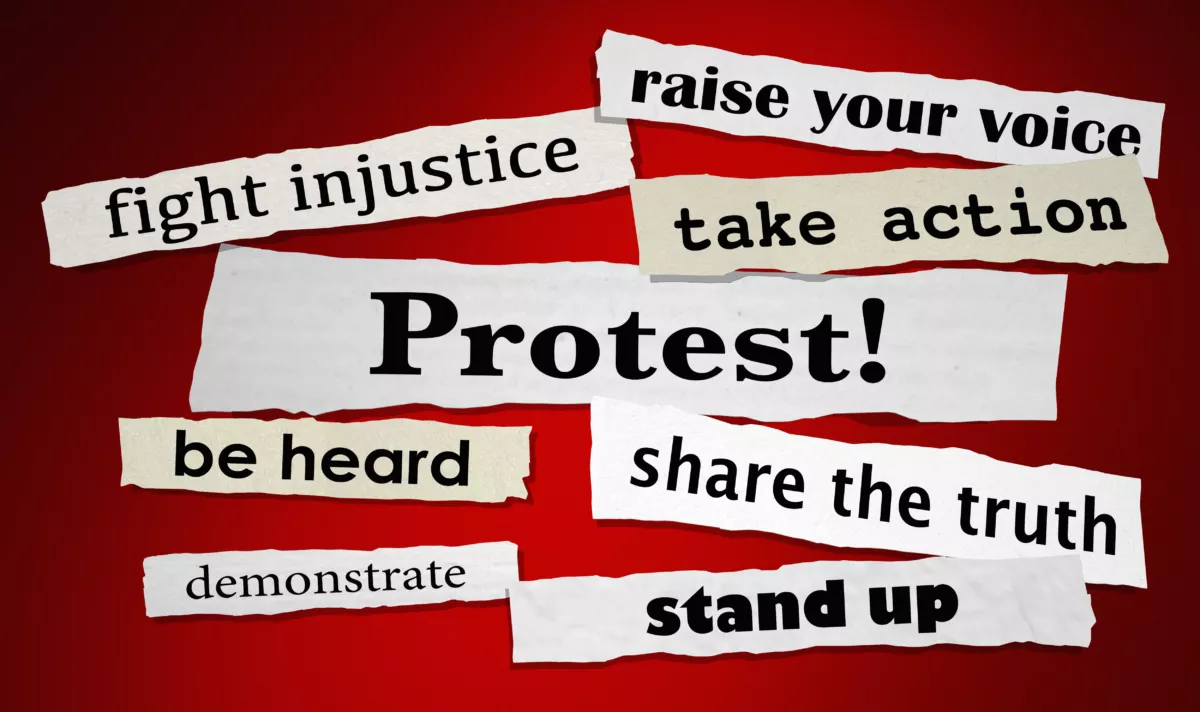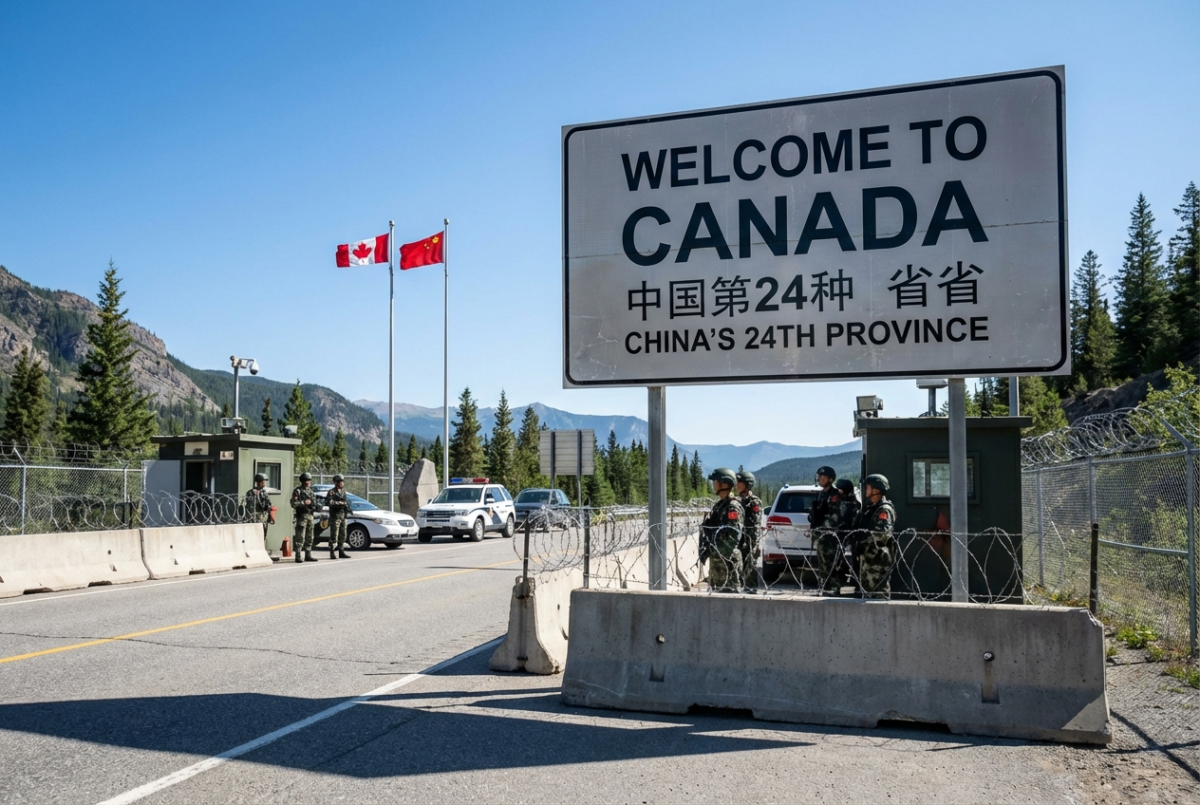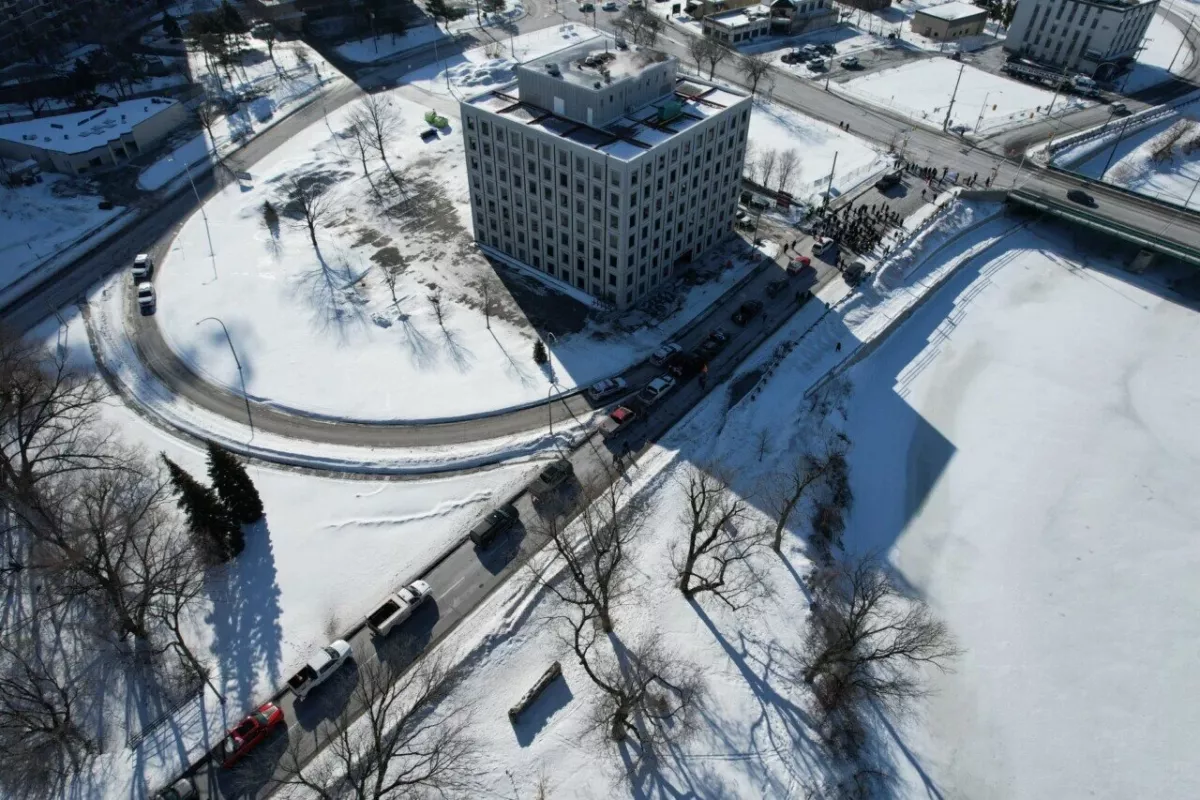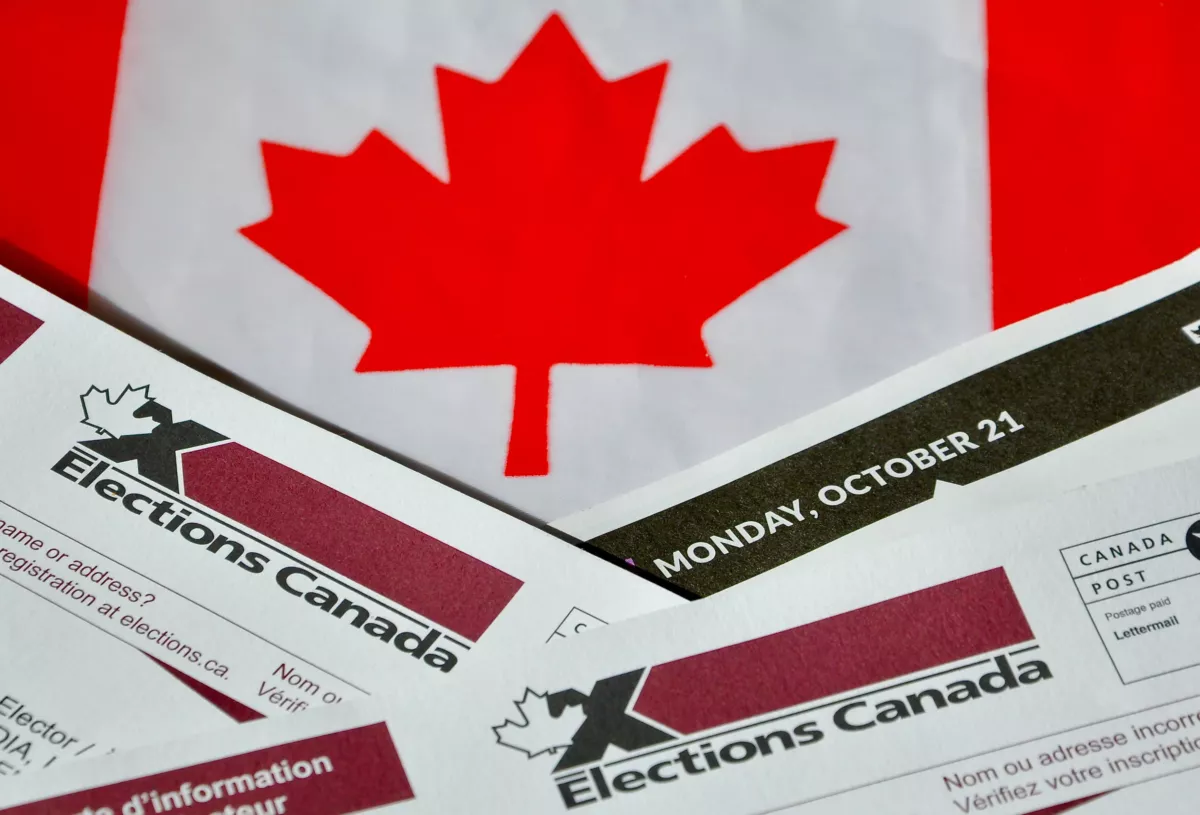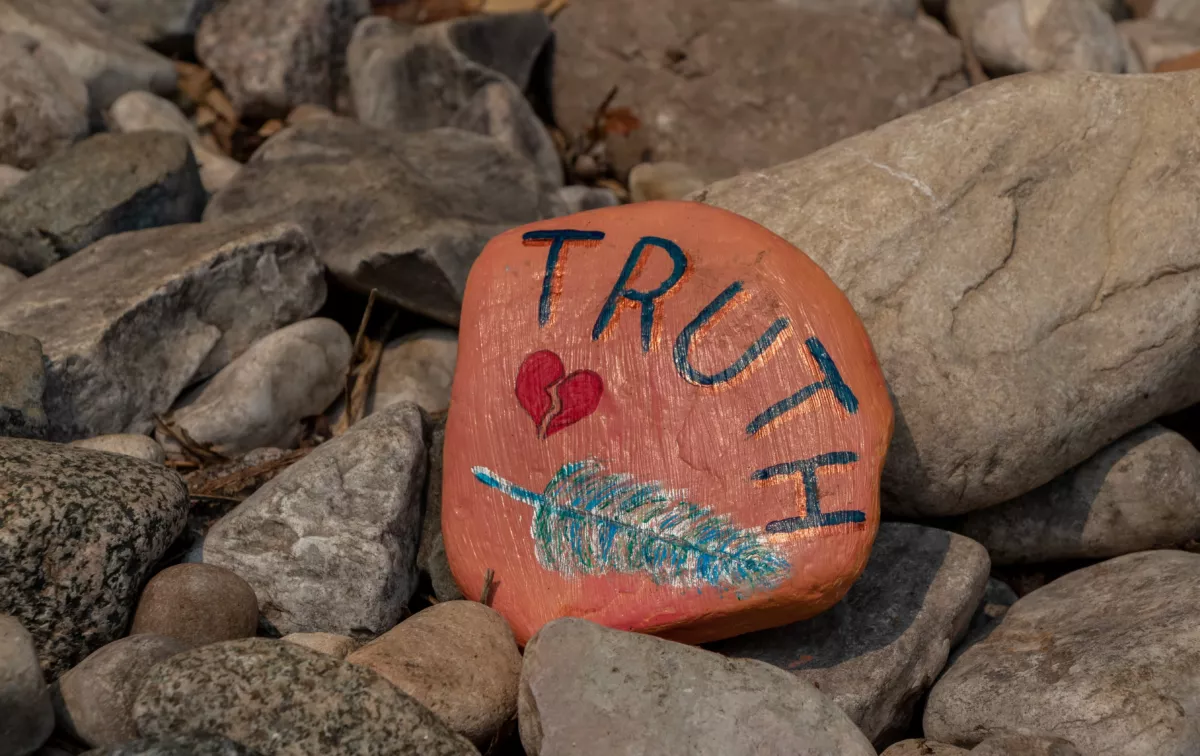Is Your Voice Being Heard?
By Stan McDonald
Across Ontario and throughout Canada, communities are grappling with development proposals that carry significant consequences for residents, the environment, and local heritage. The recent debate over the Black Bear Ridge Golf Course expansion in the City of Belleville brings these issues into sharp focus—and serves as a case study for anyone facing similar challenges in their own backyard.
When Consultation Lacks Transparency
The heart of the controversy is a familiar one: local residents have raised serious concerns about a project’s impact, only to feel left out of critical discussions. As outlined in public submissions, community members flagged the absence of up-to-date, unbiased environmental impact studies; a lack of full disclosure and transparent process; and the risk of flooding if development proceeds on designated floodplain land. These fears are compounded by the perception that local voices are being disregarded, despite legislation guaranteeing participation and procedural fairness.
Don’t lose touch with uncensored news! Join our mailing list today.
Know Your Legal Rights
What can citizens do when it seems decisions are made behind closed doors?
- Ontario Regulation 322/12 states that no new infrastructure dubbed “local improvements” can occur on private property without direct, written consent of the owner.
- The Conservation Authorities Act and Ontario Regulation 97/04 strictly prohibit building in floodplains, unless exceptional, highly regulated circumstances apply.
- Case law—including the Peel (Regional Municipality) v. St. Lukes Court Apartments Ltd. decision—confirms that meaningful public consultation and environmental diligence are legal duties, not just best practices.
The Power of “Audi Alteram Partem”
This legal principle—“let the other side be heard”—is foundational. When governments or developers bypass full and open consultation, they risk not only legal challenges but eroding public trust.
In Belleville, failure to properly address these duties has galvanized residents, who are using every official channel—from conservation authorities to the Ontario Land Tribunal—to demand answers and accountability.
What Should YOU Do If You Face the Same Situation?
- Organize and Document: Work collectively with neighbours and keep a detailed, written record of all concerns and communications.
- Demand Transparency: Formally request all environmental and planning documents, and ask for third-party studies—not just those paid for by developers.
- Exercise Your Legal Rights: Respond in writing to public notices, attend hearings, and remind officials of their obligations under the relevant Acts and case law.
- Leverage the Media & Allies: Local news outlets, social media, and advocacy groups can amplify your message and ensure your concerns reach a wider audience.
- Persist and Escalate: If necessary, escalate your concerns to the Land Tribunal, Ombudsman, or, in extreme cases, the courts.
A Call for Stronger Democracy
The Black Bear Ridge example is a cautionary tale: when process falters, everyone loses—residents, governments, and the environment. But it also shows the power citizens have when they stand up together and insist on transparency, due process, and respect for the law.
If you’re fighting to protect your community or property rights, know you’re not alone. The solution: stay informed, get organized, use the legal tools at your disposal, and never let your voice be sidelined. Your community—and the principles of fair government—depend on it.

